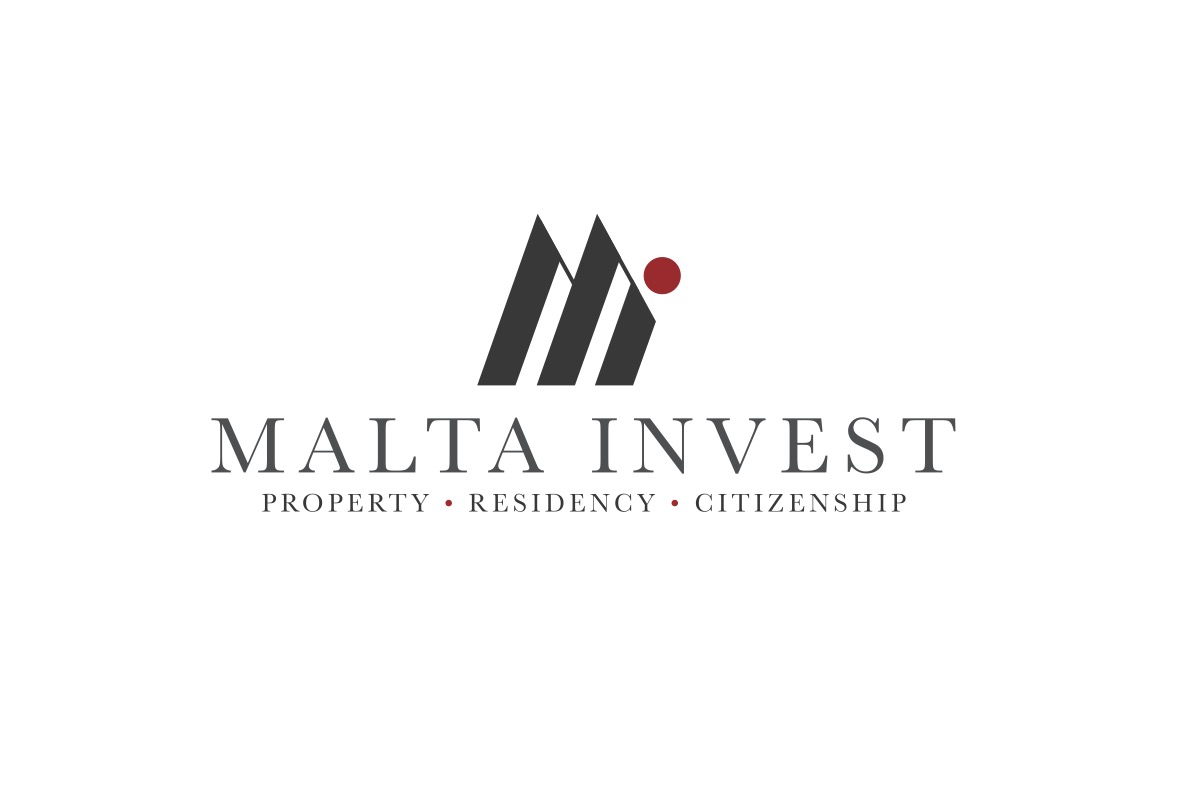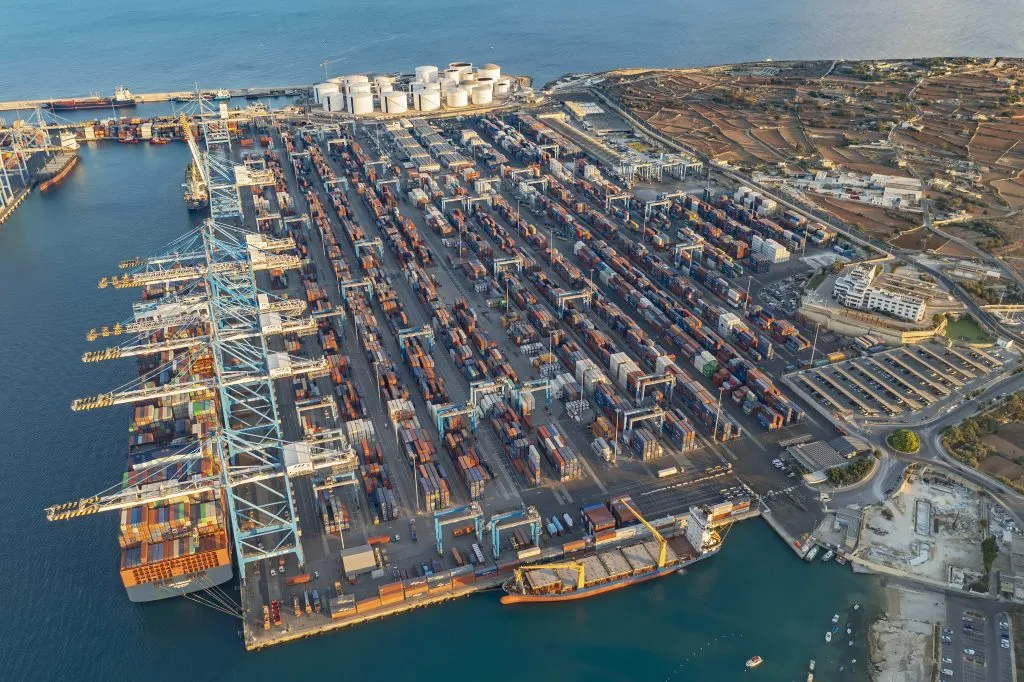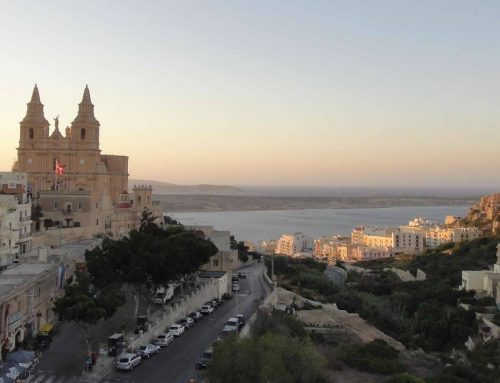For all prospective investors, a fact that might surprise you, is that Malta’s infrastructure compares favourably to that of most developed nations and in some cases better than some. Remember that a country is only as good as its infrastructure.
Despite its tiny size, or perhaps because of it, Malta has invested heavily in its built, digital, and soft infrastructure, with constant ongoing efforts to upgrade facilities and connections in order to equip businesses with the tools they need to operate efficiently and effectively.
- Power
- Airport
- Harbours
- Roads
- Industrial space
- Health
- Education
- Information technology
- Legal System
Power
Enemalta is the state controlled, only energy supplier in Malta. They have 4 generation plants running on LNG and gasoil and have a combined capacity of 537.8 MW. Additional electricity is purchased from the European mainland via a 200 MW inter connector to Italy.
In line with the country’s growth projections, a second interconnector is currently under development, while significant investment in the distribution network is ongoing to ensure it is ready for the power demands of an increasingly energy-hungry economy.
Airport
As the only air terminal in Malta, Malta International Airport is the first and last destination for over 95 per cent of all visitors to Malta. It has embraced its role and a key contributor to the country’s ,economic development by constantly investing in facility improvements.Construction recently got underway for a second business centre and a tenth apron, including a new taxiway and staging area for ground handling operations. These projects, slated for completion in 2026.
Two runways, 3.5km and 2.4km long, connect Malta through over 30 partner airlines, to over a 100 destinations including most regional capitals and major cities. The newly renovated 72,000sqm terminal, inaugurated in 1992, hosts over 15 food and beverage outlets, 10 retail outlets, and a pharmacy. The airport also includes 2,700 parking spaces, dedicated taxi and coach areas, and a state-of-the-art business centre.
If you are one of the millions of passengers passing through the doors of Malta International Airport, you can expect the quality of service for which it has won Airports Council International’s Best Airport in Europe title for four years running since 2018.
In addition to passengers, over 18,000 tonnes of cargo pass through the airport annually.
Harbours
As Malta is an island nation with a solid maritime tradition, it has long recognised the importance of maintaining its port facilities’ competitive edge. The Port of Valletta, also known as the Grand Harbour, is the main entry point for people and goods arriving by sea. It extends inland for around 3.6km and is open 24 hours a day, 365 days a year, and hosts a wide array of services including ship repair and building yards and specialised silos.
The main terminal can handle container and conventional cargo. The port also contains the Valletta Cruise Port and provides ferry links to Sicily and Gozo.
Marsamxett Harbour is on the other side of Valletta, towards the cosmopolitan areas of Sliema and Gżira. It boasts several notable yacht marinas dedicated largely to leisure-related activities.
At the south end of the main island there is the Malta Freeport, one of the Mediterranean’s largest transhipment ports operated by Yildirim Group, CMA-CGM and CMPort. The two terminals offer 2,462m of operational deep-water quays, 771,000sqm for container storage, a total of 15,297 container ground slots, and 1,840 reefer slots. The latest class of 24,000 TEU vessels can be accommodated at both terminals thanks to a water depth of 17m.
Malta’s strategic position is fully exploited with over 120 global port connections.
Roads
Since Malta lacks a rail network, practically all internal transport is by car. In recent years, hundreds of millions of national and European funds have been poured into the road network. The sharp growth of the islands population has necessitated the long-standing traffic problems be addressed.
Despite locals’ incessant complaints about the traffic, journey times of over one hour are exceedingly rare, and are typically the result of accidents at critical junctions. Like many other former British colonies, Malta drives on the left side of the road.
Industrial Space
INDIS , a dedicated state agency, manages more than 15 industrial estates. Each industrial estate has a variety of property solutions which can often be tailored to tenants’ needs, with some estates equipped for particular sectors and industries, such as the Life Sciences Park, home to the most cutting-edge laboratories and the Safi Aviation Park. The most common use of these spaces are manufacturing of all kinds. INDIS takes a proactive approach to facilitating the setting up of business operations in Malta, working hand in hand with investors to find the solution that best works for them.
Investments to increase and improve the assortment of these spaces is being undertaken and include the redevelopment of Kordin Business Centre into a modern start-up facility, the extension of the Life Sciences Park, and the rehabilitation of a former dump to create 85,000 sq m of developable space. Investors interested in exploring the range of properties and potential partnerships on offer should contact INDIS or Malta Enterprise.
Health
The Knights Hospitaller built one of the largest and most progressive hospitals of their time, the Sacra Infermeria in Valletta (today a major event venue known as the Mediterranean Conference Centre).
Under the British, Malta (and the then-still active Sacra Infermeria) earned the nickname of ‘The Nurse of the Mediterranean’, as it served as a hub for the sick and wounded, in the Crimean War of the 1850s and the First World War.
This legacy holds strong today, with Malta coming in at 5th out of 200 countries for overall healthcare by the WHO and in 2018, the leading medical journal The Lancet placed it ninth.
The country’s main hospital, Mater Dei, opened in 2007, is one of the largest medical buildings in Europe, serving as an acute, general, and teaching hospital, with a specialised oncology division situated nearby. The Life Sciences Park is also in the vicinity, allowing for the easy flow of the latest R&D into clinical practice
Malta has bilateral agreements with the UK and Australia, allowing residents of these countries to qualify for free medical and hospital care for stays up to one month. Other non-EU nationals should obtain travel insurance covering medical costs overseas.
European Union citizens on temporary visits can use the European Health Insurance Card (EHIC) and receive free medical treatment from public hospitals and clinics
Education
Malta has free education for locals up to tertiary level.The public school system is highly regarded.Malta ranks equal eleventh in the world on the national IQ scale.
A relatively small number of private schools can be found which are geared towards the expat community, two of which, are Verdala and QSI.
The main state-funded post-secondary and tertiary institutions, offering a wide selection of degrees in practically all key subjects are the University of Malta and the Malta College of Arts, Science and Technology.
Other private institutions, partnering with international universities, mainly British ones, offer internationally recognised qualifications, making Malta an attractive destination for those looking to obtain a world-class education under a clear blue sky.
Thanks to the country’s investment in developing its educational systems, Malta continues to produce a highly skilled workforce.
Information Technology
Stable and fast network connections allow the 2 majors industries iGaming and financial services, to achieve the success they have because of the country’s communications infrastructure.These two industries together contribute to close to a fifth of GDP.
In fact, Malta is the only EU member state with full coverage of ultrafast fixed internet, while the three mobile operators in the open market provide coverage over the entire island. The European Commission’s Digital Economy and Society Index (DESI) ranks Malta 5th out of all the EU member states, with the country performing above the EU average in all five dimensions of the index.
The success of Malta’s IT infrastructure has spurred on further investment by providing a solid foundation for sectors like software and game development, apart from the previously mentioned iGaming and financial services. The country is now positioning itself to venture into future tech like artificial intelligence (AI) and the Internet of Things (IoT).
Malta is connected to the internet by means of several cable links to Sicily, while Gozo, which has its own digital development agenda, is connected to the main island through two fibre optic cables, the second of which was opened in late 2020 in a bid to attract tech investment to the island.
Legal System
Malta has a mixed European legal system with elements of both Common and Civil Law. Regarding company law and some regulation within the economic sectors are imprints from British rule. Today, almost two decades after joining the European Union, Malta’s hybrid system, has yet another legislative layer with regulations and directives issued from Brussels. For investors, this means that their interests are protected by the highest standards in a system with elements that are familiar to many, and fair for all.
The judicial system operates on two tiers, with a Court of First Instance and a Court of Appeal. The Constitutional Court handles matters relating to constitutional provisions, and the European Court of Human Rights acts as a forum of last resort when all local avenues for redress are exhausted.
Since 2018, Malta has been streamlining the process for the settlement of commercial disputes by setting up a commercial section within the Civil Court, dealing with applications related to matters regulated by the Companies Act, the Competition Act, and any regulations falling under the Consumer Affairs Act and the Malta Competition and Consumer Affairs Authority Act.
This has been deemed a success by the business community, which has benefitted from shorter case durations and subject-specific expertise. The competence of this section is currently being extended to maritime, trademarks, intellectual property, and patents, allowing those with commercial interests on the islands to have the peace of mind afforded by a specialised court dedicated to resolving disputes in a timely and effective manner






